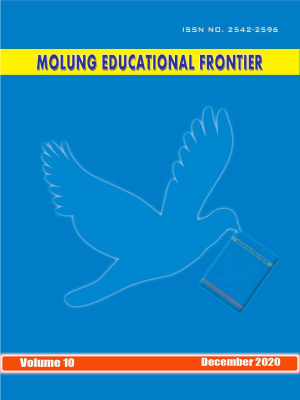Water and Sanitation for Population Health and Wellbeing: The Nepalese Initiatives
DOI:
https://doi.org/10.3126/mef.v10i0.34075Keywords:
water, sanitation, total-sanitation, health, wellbeingAbstract
A person's wellbeing is highly dependent on both the quality and the availability of water, and efficient management of this precious resource. Both biological disease agents and chemical pollutants are compromising drinking-water quality. Contaminated water causes a range of often life-threatening diseases. Of the waterborne diseases affecting a person's health, mostly children, the deadliest are diarrhoeal infections. To manage the supply of quality water with the required quantity, it needs proper policy and programme in place to ensure improved and total sanitation for public wellbeing. Though the implementation strategies are constrained by resource scarcity, poor designing, environmental catastrophes, Nepal has done ample policy and planning efforts in the water and sanitation sector.
Downloads
Downloads
Published
How to Cite
Issue
Section
License
© Molung Foundation




